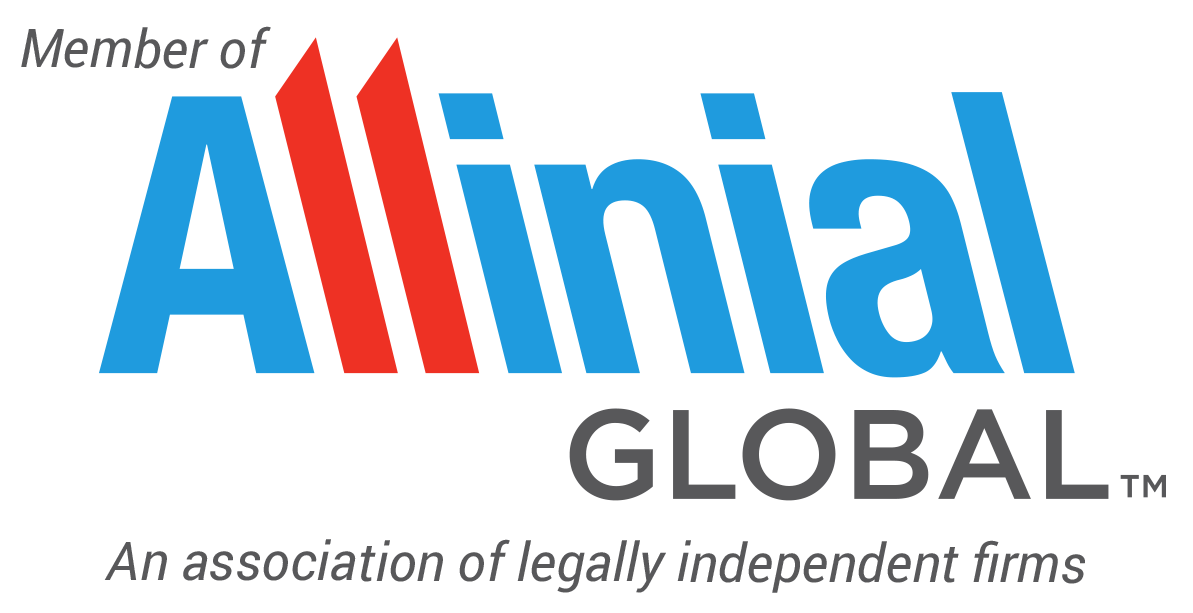The year 2020 has been full of ups, downs, and surprises! Many Americans are anxious for it to end, but it is not too late to evaluate year-end tax planning strategies to keep your tax bill in check. You may already be familiar with common year-end strategies such as loss harvesting and expense acceleration. However, 2020 has been unusual, so we have gathered new ideas to take advantage of these unique circumstances.
Effects of the Election
With the election results still up in the air, it is impossible to predict what 2021 will bring in terms of tax law changes. Despite the uncertainty, you should take time to review your wills, gifting strategies, and beneficiaries of your financial assets and life insurance policies. This article provides additional ideas you can use for year-end planning.
NOL Carrybacks
Before the 2018 tax year, taxpayers were able to carry net operating losses (NOLs) back to the previous 2 tax years, in addition to being able to carry them forward 20 years. With the passage of the Tax Cuts and Jobs Act (TCJA) at the end of 2017, taxpayers could no longer carryback NOLs but could indefinitely carry them forward. Furthermore, the TCJA only allows NOLs to offset 80% of taxable income in a given year, with the remaining 20% left to be carried forward.
In March of 2020, Congress passed the CARES Act to provide relief in the wake of the COVID-19 pandemic. The bill temporarily suspends the TCJA carryback rules and allows taxpayers to carry back NOLs arising from tax years beginning in 2018, 2019, and 2020 for 5 years. Also, the CARES Act temporarily suspends the excess business loss rules implemented by the TCJA. If you had NOLs in 2018 or 2019, you might consider amending prior year returns to use those losses, which could provide tax refunds.

PPP Loans
The Paycheck Protection Program (PPP) has been a big focus in many prior ATKG articles (see our latest web posts linked here and here), but we do want to highlight an important point that may affect your 2020 tax bills. Any expenses paid for with forgiven PPP loan proceeds are not deductible (see this article for more details). Congress may pass a bill to overturn the IRS’s decision. Still, for now, you should be factoring in these non-deductible expenses when calculating year-end tax estimates. To be clear, it is unknown in which year a PPP borrower must treat these expenses as non-deductible (the year the funds were spent or the year the PPP loan was forgiven). These years could be different for PPP borrowers, so work through the alternatives as you budget for your 2020 tax expense.
Acceleration or Bunching of Itemized Deductions
While the strategy for paying 2 years’ worth of property taxes in 1 year has been mostly eliminated by the $10,000 cap on taxes, bunching itemized deductions can still be a viable strategy if you usually make year-end charitable gifts. If you typically take the standard deduction but plan to make large charitable gifts in 2020 and 2021, you should consider making your 2020 gift in early 2021 in addition to a gift at the end of 2021. Timing the gifts like this could bump your itemized deductions over the standard deduction for 2021.
Even if you take the standard deduction, the CARES Act allows up to $300 of charitable donations as an above-the-line deduction on the 2020 tax returns. Be sure to make such donations before December 31, 2020.
Stimulus Checks
The CARES Act provided many Americans with stimulus checks in 2020, and these payments were actually advanced payments of a tax credit that will be calculated on the 2020 tax return. As you may recall, the stimulus payments were based on a recipient’s 2018 or 2019 taxable income, and the actual credit will be based on 2020 income. If a taxpayer’s stimulus check was less than the credit calculated on the 2020 tax return, the difference might be claimed as an additional credit.
Cheers to a better 2021!
Despite the hardships 2020 brought, you can end the year on a positive note if you devote time to consider these tax planning opportunities. As always, ATKG is here to help you in any way we can. Please contact your ATKG representative to discuss any of these ideas.
Campbell Janse is a Tax Senior with ATKG. He received his bachelor’s and Master’s in Accountancy from Texas A&M University. He went on to receive his Certified Public Accountant license in the state of Texas and spent nearly three years with a Big 4 public accounting firm before joining ATKG. His industry experience includes real estate, oil & gas, energy, professional services, and non-profits.
